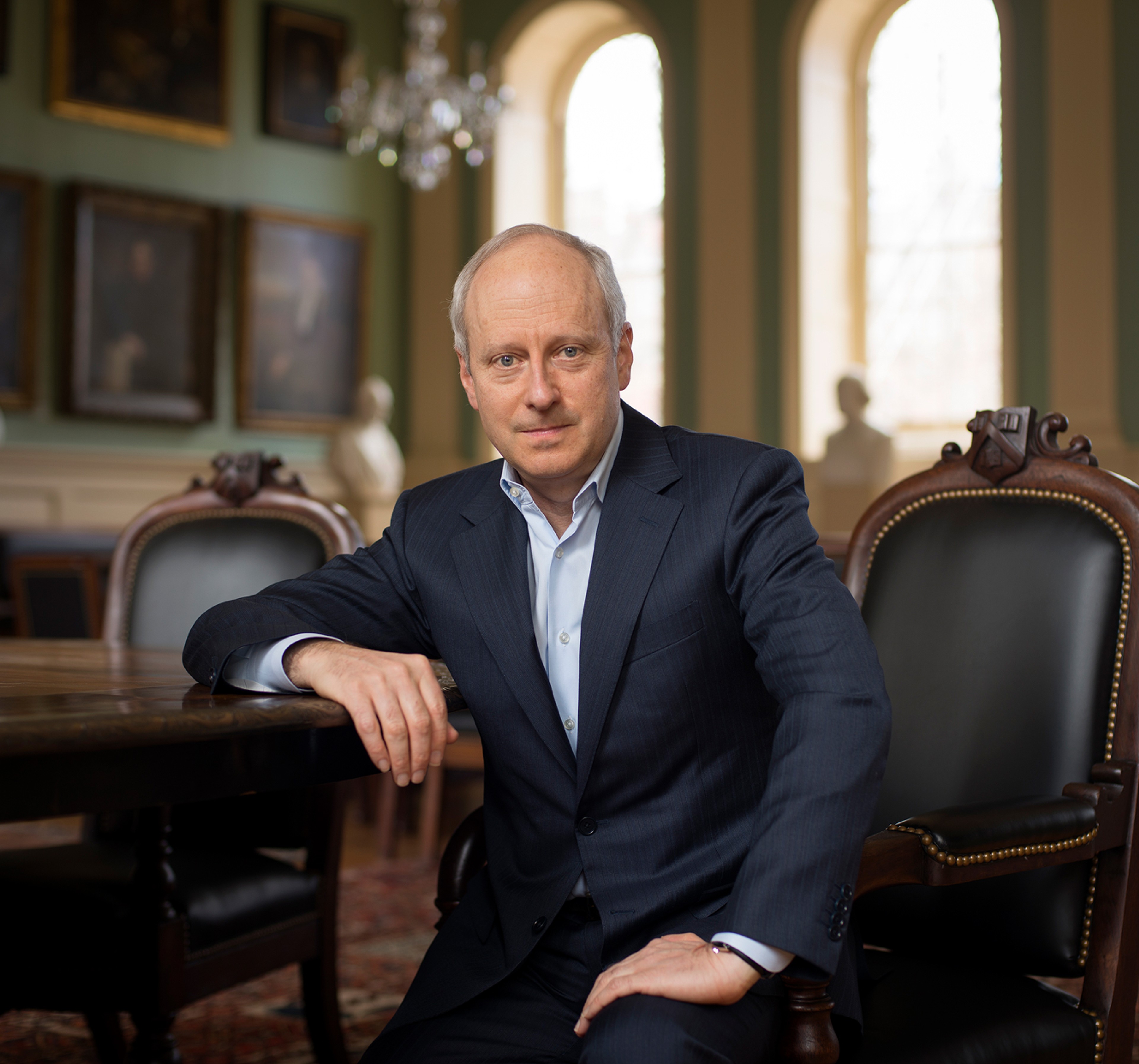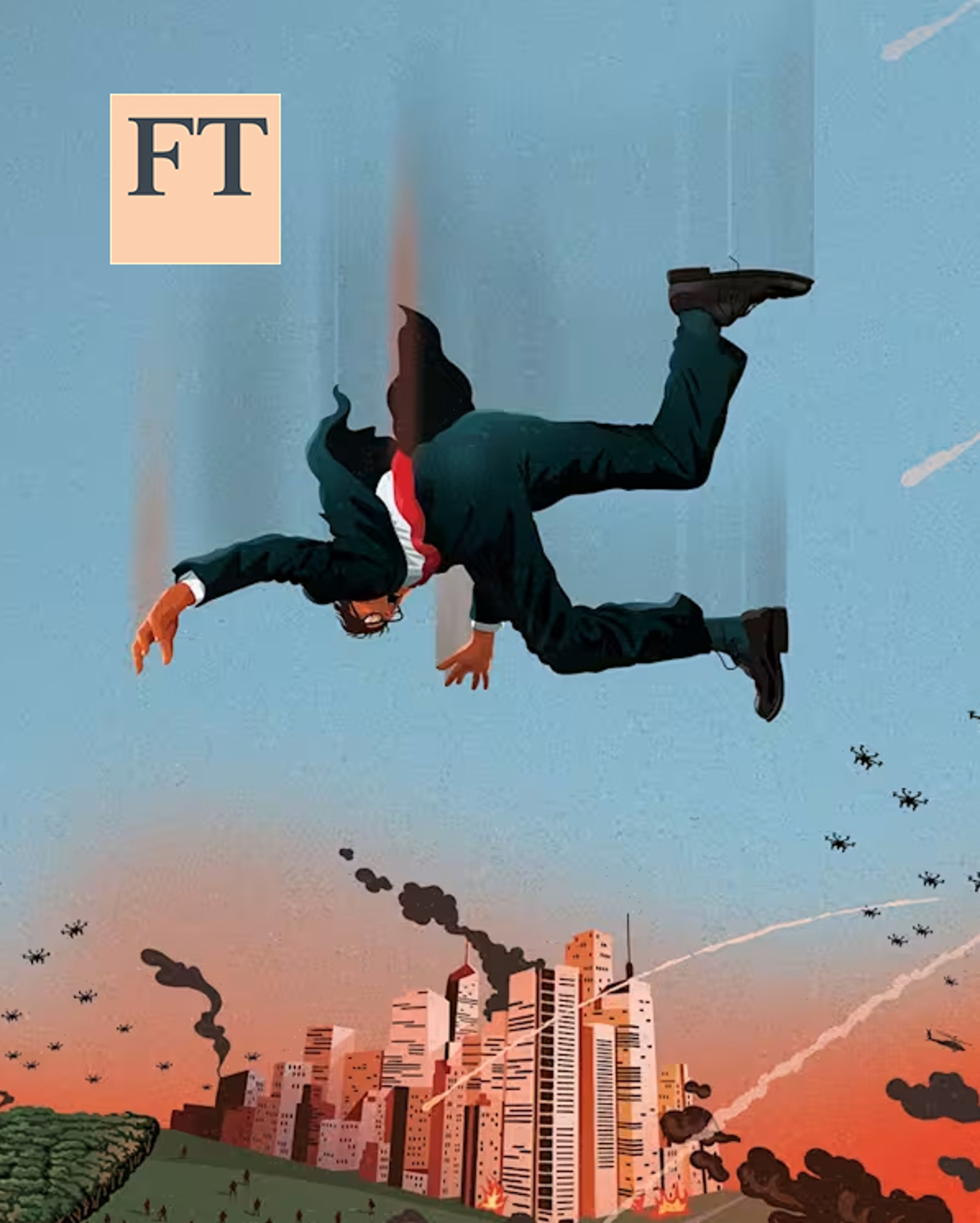Michael Sandel

The Berggruen Prize Jury selected Michael Sandel for his scholarship and teachings on justice, ethics, markets, and democracy, and his far-reaching contributions to public discourse and the common good within society. Yuk Hui, Chair of the Berggruen Prize Jury stated, “Professor Sandel’s work has left a profound mark on the global intellectual landscape. His critiques of neoliberalism, meritocratic ideology, and populism speak to the most urgent questions of our time.” The ninth Berggruen Prize Laureate, Sandel is a world-renowned political philosopher whose commitment to engaging broader audiences with philosophical ideas has illuminated the hardest moral and civic questions of our time.
Throughout a decades-long career at Harvard University, Sandel has striven to reinvigorate political discourse and renew civic life by imbuing both with morality and virtue. His foundational work Liberalism and the Limits of Justice (1982) sympathetically criticized the version of liberalism advanced by John Rawls, arguing for the importance of community in shaping individual identity. Sandel developed this idea into his signature account of justice and the common good that culminated in Justice: What's The Right Thing to Do? (2009), which sold more than 2 million copies and called for a morally engaged public discourse open to spiritual as well as secular moral argument.
In subsequent work, Sandel has shown how the excesses of market faith and meritocratic hubris fueled a growing divide between winners and losers. What Money Can't Buy (2012) offered a sustained critique of how market values have expanded into spheres of life once governed by non-market norms, asking whether there are certain virtues and higher goods that markets do not honor and money cannot buy. The Tyranny of Merit (2020) argued that contemporary meritocracy has produced corrosive hubris, deep inequality, and growing populist resentments, calling for greater elite humility and a broader social reorientation toward the “dignity of work.”
The impact and reach of Sandel’s work are unrivaled. His books have been translated into more than 30 languages. His Harvard course “Justice,” one of the most popular in the university’s history, was the first to be made freely available online and on television, and has been viewed by more than 40 million people around the world. In China, he has attracted a following reminiscent of John Dewey's reception in the 1920s, and was named China's “most influential foreign figure of the year” (China Newsweek, 2010). His BBC series “The Global Philosopher” explores ethical issues with participants from more than 40 countries, while his in-person lectures have packed venues including St. Paul's Cathedral (London), the Sydney Opera House (Australia), and an outdoor stadium in Seoul, where 14,000 people came to hear him speak.
Sandel, the Anne T. and Robert M. Bass Professor of Government at Harvard, was born in Minneapolis, Minnesota. He graduated from Brandeis University in 1975 and received his doctorate in 1981 from Balliol College, Oxford, where he studied as a Rhodes Scholar under philosopher and inaugural Berggruen Prize Laureate Charles Taylor (2016). He was elected a Fellow of the American Academy of Arts and Sciences in 2002 and served on the U.S. President's Council on Bioethics.
